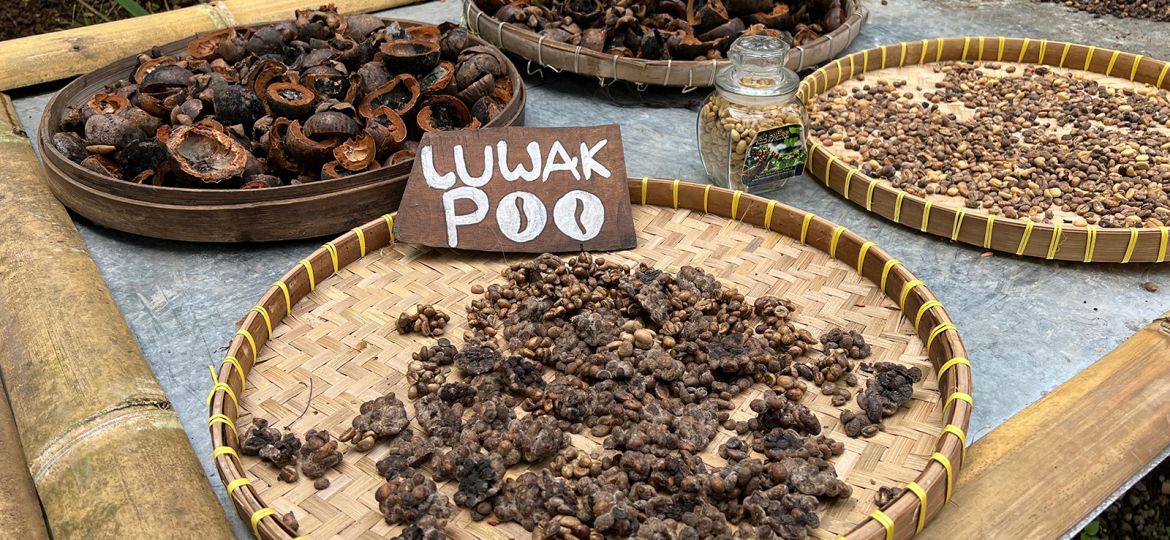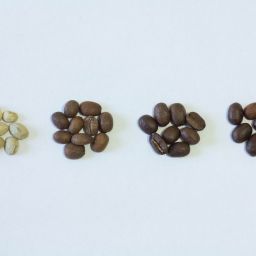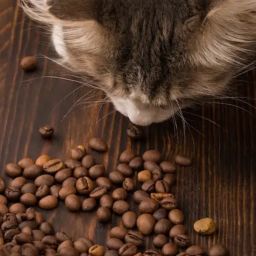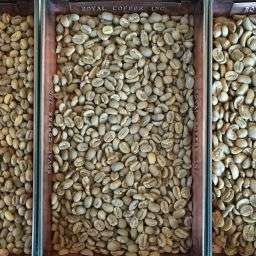
Kopi Luwak, often heralded as the most exclusive coffee in the world, owes its uniqueness to a process that begins with the Asian palm civet. The civet consumes ripe coffee cherries but cannot digest the beans inside, which are later collected from the animal’s feces.
This natural fermentation process, occurring within the civet’s digestive tract, is believed to impart a distinctive flavor profile to the coffee beans, making Kopi Luwak a sought-after delicacy among coffee aficionados.
The Role of Civet Cats
Civet cats play a crucial role in the production of Kopi Luwak. These nocturnal creatures select and consume only the ripest coffee cherries. The beans, encased within these cherries, undergo a unique fermentation process as they pass through the civet’s digestive system.
This process, which involves enzymatic reactions, is said to reduce the beans’ bitterness and impart unique flavor characteristics that are not found in conventionally processed coffee.
From Consumption to Collection
The journey from consumption to collection is both labor-intensive and meticulous. After the civet excretes the coffee cherries, farmers or collectors must then locate and gather the feces.
The beans are then cleaned, dried, and roasted to produce a coffee that is remarkably smooth and rich. This intricate process, combined with the rarity of the product, contributes to the high cost of Kopi Luwak.
Flavor and Taste Profile
Kopi Luwak is renowned for its exceptional flavor profile, characterized by a significant reduction in bitterness and an array of complex flavor notes. Consumers and coffee experts often describe the taste as smooth and rich, with hints of chocolate, caramel, and a slight nuttiness.
Unlike traditional coffees, Kopi Luwak tends to have a less acidic aftertaste, making it more palatable to a broader range of coffee drinkers. The unique taste and the story behind its production make Kopi Luwak a highly prized item among coffee enthusiasts worldwide, despite the ethical and environmental concerns surrounding its production.
Ethical Concerns and Animal Welfare
The production of Kopi Luwak raises significant ethical concerns, primarily related to the welfare of the civet cats. Originally, Kopi Luwak came from wild civets consuming coffee cherries at their leisure.
However, with the coffee’s rise in popularity, the practice of caging civets and force-feeding them coffee cherries has become widespread. This method of production leads to numerous animal welfare issues, including stress, depression, and physical harm to the civets.
The ethical implications of such practices have prompted a call for more humane methods of production or the cessation of Kopi Luwak production altogether.
Environmental Impact
The environmental impact of Kopi Luwak production is multifaceted. On the one hand, the traditional method of sourcing beans from wild civets can be considered relatively sustainable, as it does not require additional land use or significant human intervention.
However, the commercialization of Kopi Luwak has led to practices that are less environmentally friendly, including the deforestation of civet habitats and the establishment of civet farms.
These practices not only harm local ecosystems but also contribute to the decline of wild civet populations, highlighting the need for more sustainable and eco-friendly approaches to Kopi Luwak production.
Health Benefits and Risks
Drinking Kopi Luwak may offer some health benefits associated with regular coffee consumption, such as improved mental focus and potential antioxidant intake.
The unique fermentation process the beans undergo in the civet’s digestive tract might also result in a coffee that is lower in acidity, which could be beneficial for individuals sensitive to the acidic content in standard coffee.
However, concerns have been raised about the hygiene of a product that passes through an animal’s digestive system, including the potential for contamination with harmful bacteria or pathogens.
It is crucial that Kopi Luwak undergoes thorough cleaning and roasting processes to minimize health risks, emphasizing the importance of strict health and safety standards in its production.
Market and Pricing
The market for Kopi Luwak is niche yet global, attracting luxury coffee enthusiasts willing to pay a premium for its unique production and flavor profile. Pricing varies widely, with a single cup costing anywhere from $35 to $100 in some establishments, and whole beans selling for hundreds of dollars per pound.
The high price tag reflects the labor-intensive collection process, scarcity, and the novelty factor. However, issues of authenticity plague the market, with counterfeit products and misleading labeling, given the difficulty in verifying whether beans are genuinely sourced from wild civets versus caged animals.
Alternatives and Imitations
Due to ethical, environmental, and health concerns associated with Kopi Luwak, several alternatives and imitations have emerged. Researchers and companies have developed synthetic processes that mimic the enzymatic digestion effects on coffee beans without involving civets, aiming to replicate the smooth and less acidic flavor profile of Kopi Luwak.
These ethical alternatives offer a more sustainable and cruelty-free option for consumers seeking a unique coffee experience without the ethical dilemmas associated with traditional Kopi Luwak.
FAQs
Is Kopi Luwak worth the price? The value of Kopi Luwak largely depends on personal taste and ethical considerations. While some appreciate its unique flavor and rarity, others question the ethical implications of its production.
How can I ensure I’m buying authentic Kopi Luwak? Look for certifications and detailed sourcing information from reputable sellers that guarantee the coffee is ethically sourced from wild civets.
Does Kopi Luwak taste significantly different from regular coffee? Kopi Luwak is often described as smoother and less bitter than conventional coffee, with a complex flavor profile that includes notes of chocolate and caramel.
Conclusion
Kopi Luwak’s allure lies in its unique production process and rarity, commanding a high price in the global coffee market. However, the ethical and environmental concerns surrounding its production have led to the emergence of alternatives and imitations.
For those intrigued by Kopi Luwak, it is crucial to consider these factors and seek out ethically sourced products to ensure that enjoyment of this luxury coffee does not come at the expense of animal welfare or environmental sustainability.








